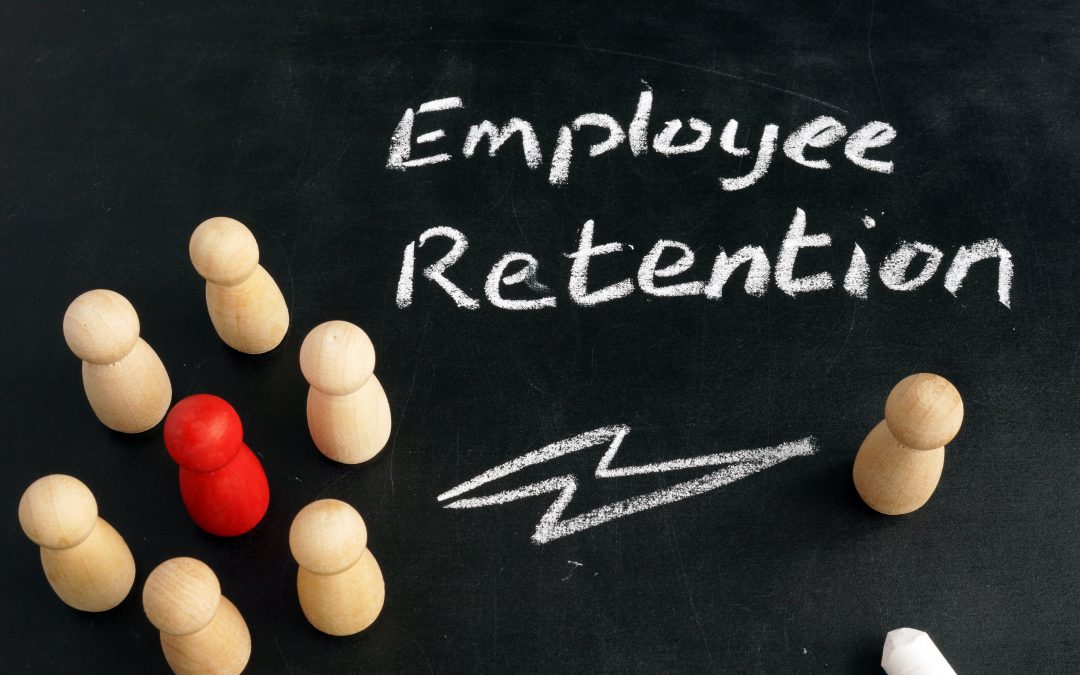On April 29, 2020, the IRS released 94 detailed FAQs that answer many questions about the Employee Retention Credit (“ERC”), which was part of the Coronavirus Aid, Relief, and Economic Security Act (“CARES Act” or the “Act”) that was passed at the end of March.
Background and Purpose
The ERC is a fully refundable tax credit for employers equal to 50% of qualified wages paid to employees. This credit applies to qualified wages paid after March 12, 2020, and before January 1, 2021. The maximum amount of qualified wages considered with respect to each employee for all calendar quarters is $10,000.
The purpose of this Tax Alert is to address some commonly asked questions regarding the first eligibility test, which provides that, to be eligible for the credit, an employer must fully or partially suspend operation due to orders from an appropriate governmental authority limiting commerce, travel, or group meetings (for commercial, social, religious, or other purposes) due to COVID-19 (FAQ 2).
Suspension of Business Operations
The term “orders from an appropriate governmental authority” includes orders from the Federal government, or any State or local government (that has jurisdiction over the employer’s operations) if such orders limit commerce, travel, or group meetings due to COVID-19 in a manner that affects an employer’s operation of its trade or business (i.e., limited hours of operation) (FAQ 28).
- An order from the city’s mayor stating that all non-essential businesses must close for a specified period;
- A State’s emergency proclamation that residents must shelter in place for a specified period, other than residents who are employed by an essential business and may travel to and work at the workplace location; or
- An order from a local official imposing a curfew on residents that impacts the operating hours of a trade or business for a specified period.
Additionally, an employer that voluntarily suspends operation of a trade or business or reduces hours (and is not subject to any governmental orders that restrict its operations) is not eligible for the credit under the first test (FAQ 29).
An employer that operates an essential business is not considered to have a full or partial suspension of operations if the governmental order allows the employer to remain open, even though the order requiring non-essential businesses to close may affect the employer’s operations (FAQ 30).
However, an employer with an essential business may have a full or partial suspension of operations if the business’s suppliers are unable to make deliveries of critical goods or materials due to a governmental order that causes the supplier to suspend its operations (FAQ 31).
For example, an auto parts manufacturer (that is considered an essential business) is eligible for the credit where its supplier of raw materials is required to shut down operations due to a governmental order, and the manufacturer is unable to procure these raw materials from an alternate supplier.
On the other hand, an employer is not suspended for the sole reason that its customers are subject to a government order requiring them to stay at home (FAQ 32).
No Credit for Non-Essential Businesses if Telework Option
An employer does not meet the first test if its workplace is closed by a governmental order, but the employer can continue comparable operations by requiring its employees to telework (FAQ 33).
Thus, a software development company (that is considered a non-essential business), which already permitted employees to telework a few days per week, is not eligible for the credit under the first test if, due to the shutdown order, the company ordered mandatory telework for all employees and limited client meetings to telephone or video conferences.
If an employer’s workplace is closed by a governmental order for certain purposes but can either remain open for other purposes or can continue certain operations remotely, then the employer’s operations are partially suspended (FAQ 34).
For example, a restaurant business is partially suspended if it must close in-room dining but can continue take-out or delivery services. Additionally, a retail business meets the first test if it is forced to close its storefront locations but can still fulfill online orders.
Employers that operate a trade or business in multiple locations and are subject to State and local governmental orders limiting operations in some jurisdictions only are considered to have a partial suspension of operations (FAQ 36).
For example, a national retail store chain is partially suspended if it is forced to close its stores in 25 states (with curbside service for online orders) but can remain open in the remaining states.
Conclusion
Generally, an essential business that remains open will not qualify for the credit unless it meets the exception (i.e., a manufacturer whose supplier is unable to make deliveries). Additionally, a non-essential business that must close will not qualify for the credit if the employees can do comparable work from home. A business, such as a restaurant or retail store, which is partially suspended may generally qualify for the credit.
If a business is considering claiming the ERC, then a facts and circumstances analysis may be warranted. In most situations, the eligibility determination will not be black and white, but it is generally advisable to follow the IRS examples in these FAQs until further guidance is released.
Subsequent Tax Alerts on the ERC FAQs, such as guidance for calculating and claiming the credits, are forthcoming. For a full list of the FAQs, please visit the IRS website at https://www.irs.gov/newsroom/faqs-employee-retention-credit-under-the-cares-act.
For more questions or information on this Tax Alert, please reach out to one of the following individuals:
Email: [email protected]

